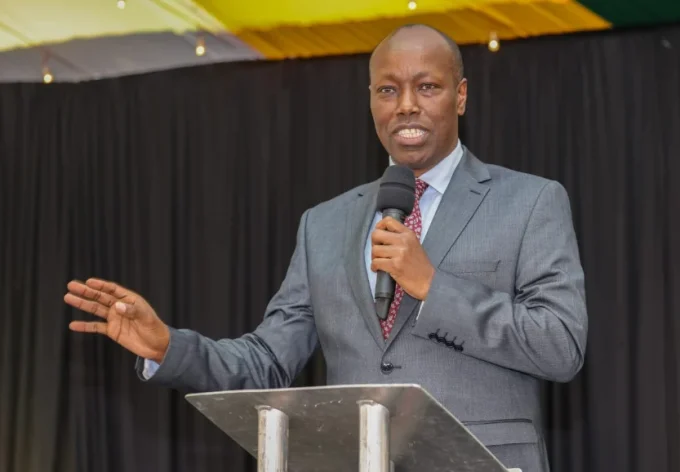NAIROBI, Kenya
Major stakeholders including- educators, policy makers, employers and trainers, met in Nairobi, Kenya, to map out modalities that will link education to employment. The “Innovation Secondary Education for Skills Enhancement (ISESE)” conference, organized by Washington-based Results for Development Institute (R4D) and sponsored by the Rockefeller Foundation, aims at identifying skills required in the 21st century economies of Africa and Asia.
It is anticipated that there will be 3.5 billion people in the global workforce by 2030, but one billion of them will lack the relevant skills for employment, according to research by R4D. “Kenya is on an encouraging path when it comes to secondary education. Enrollment figures are on the rise, and more students are making the transition from primary school to secondary school. But we need to look beyond these figures to see the crisis in skills gaps at this level of education,” said Nicholas Bunnett, the R4D Managing Director.
Mr. Burnett observed that as much as there is unemployment in the world, there is, ironically, unfilled vacancies because employers cannot find the relevant talent. Safaricom has played a major role in trying to refocus education on employment.
According to Mr. Peter Njioka, who heads the Safaricom’s learning and Development division, Safaricom has partnered with Jomo Kenyatta University of Agriculture and Technology and Moi University to tailor-make courses for the telecommunications industry.
While participating in the ‘Global skills challenge’ panel session, Mr. Njioka said: “This is an opportunity for us as employers to tell educators, trainers and policymakers the kind of employees and ICT skills that we need.”
He said theoretical knowledge and technical training was important, just as soft skills like communication and attitude. The reports by ISESE show that employers are concerned with soft skills as they are about analytical or job-specific skills. The report also identifies models that bridge the skills gap and prepare youth to effectively conform to the ever-changing global dynamics.
Mr Burnett said 75 million youth are currently unemployed globally, majority of them in Africa, due to a mismatch in the skills they possess and the demands of the job market.
“It’s a huge challenge to absorb these people,” said Mr Nick Burnett. “Unfortunately, most of these people are in Africa.” In Kenya, for instance, unemployment among the youth is growing, he noted, with 30 per cent of those aged between 20 and 24 years unable to get jobs.
According to the report R4D launched today at the opening of its skills conference in Nairobi, majority of people enter the market with secondary level education which often – especially in Africa and Asia – does not provide the necessary skills required to participate in the workforce.
It says soft skills such as communication and team work, which are critical in today’s workplace, are either lacking or poorly taught at the secondary level in these regions. The research shows employers look for three key skills: analytical, technical and no-cognitive capabilities. In the informal sector, soft skills are even more crucial, as such workers need to be able to work along the entire length of the value chain
















































![Pula Co-Founders and Co-CEOs, Rose Goslinga & Thomas Njeru. Pula provides agricultural insurance and digital products to help smallholder farmers manage climate risks, improve farming practices and increase their incomes. [ Photo / Courtesy ]](https://businesstoday.co.ke/wp-content/uploads/2021/01/Pula-Co-Founders-and-Co-CEOs-Thomas-Njeru-Rose-Goslinga.jpg)




























































Leave a comment